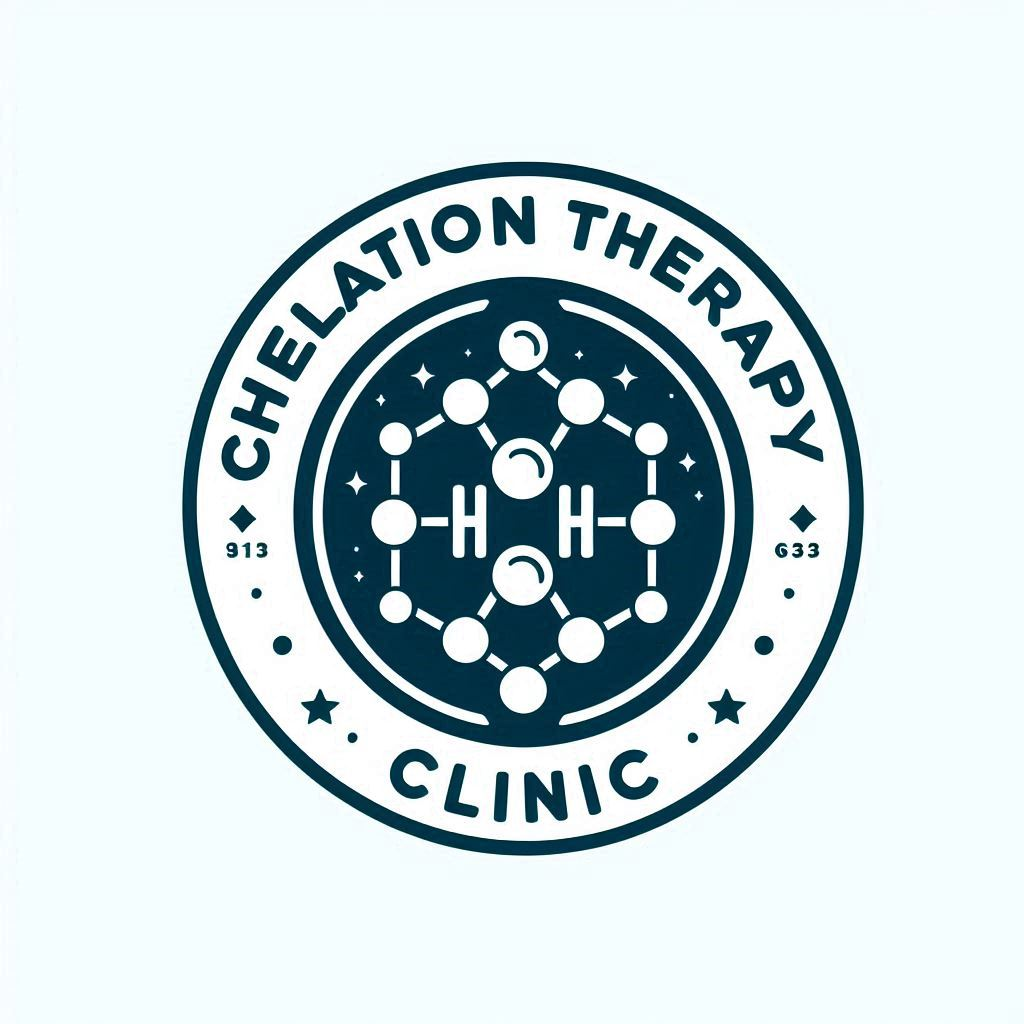Your cart is currently empty!
Possible Benefits
Based on the academic sources and articles, the possible benefits of chelation therapy are as follows:
1. Cardiovascular Disease
- Study: “Chelation therapy and cardiovascular disease: connecting scientific silos to benefit cardiac patients”
- Summary: Chelation therapy has shown potential benefits in the treatment of atherosclerotic disease, particularly in reducing the risk of cardiovascular events in patients with existing conditions like heart disease.
- Link: ScienceDirect
2. Lead Poisoning
- Study: “Evaluation of the potential role of chelation therapy in treatment of low to moderate lead exposures”
- Summary: Chelation therapy is effective in reducing lead concentrations in patients with lead poisoning, offering both short-term and long-term benefits if managed properly.
- Link: NIEHS
3. Diabetes and Myocardial Infarction
- Study: “The effect of an EDTA-based chelation regimen on patients with diabetes mellitus and prior myocardial infarction in the Trial to Assess Chelation Therapy (TACT)”
- Summary: Chelation therapy showed a reduction in cardiac events among patients with diabetes and a history of myocardial infarction, though evidence was not sufficient to recommend routine use for all such patients.
- Link: AHA Journals
4. Iron Overload Management
- Study: “New developments and controversies in iron metabolism and iron chelation therapy”
- Summary: Chelation therapy helps in managing conditions associated with iron overload, such as thalassemia and chronic blood transfusion therapy, thereby reducing morbidity associated with excessive iron deposits.
- Link: NIH
5. Heavy Metals and Cardiovascular Benefits
- Study: “Heavy metals, cardiovascular disease, and the unexpected benefits of chelation therapy”
- Summary: Chelation therapy may reduce cardiac events by removing heavy metals like lead and cadmium, which are associated with increased cardiovascular risk.
- Link: Journal of the American College of Cardiology (JACC)
6. Reduction in Oxidative Stress
- Study: “Acute prooxidant effects of vitamin C in EDTA chelation therapy and long-term antioxidant benefits of therapy”
- Summary: Chelation therapy combined with vitamin C has been shown to reduce oxidative stress, thus offering long-term antioxidant benefits in patients undergoing treatment.
- Link: ScienceDirect
7. Controversies and Risk-Benefit Assessments
- Study: “EDTA chelation reappraisal following new clinical trials and regular use in millions of patients: review of preliminary findings and risk/benefit assessment”
- Summary: The study addresses both the potential benefits and the risks of EDTA chelation therapy, with a focus on its role in managing metal toxicity and its controversial status in cardiovascular disease treatment.
- Link: Taylor & Francis
Overall, while chelation therapy has demonstrated benefits in specific medical conditions such as lead poisoning, iron overload, and some cardiovascular diseases, its efficacy and safety are still subjects of ongoing research and debate.
This is a list of additional research papers that support or discuss chelation therapy:
1. An update on iron chelation therapy] (https://www.ncbi.nlm.nih.gov/pmc/articles/PMC3496216/
Authors: E Poggiali, E Cassinerio, L Zanaboni
Published in: *Blood*, 2012
This paper discusses the aims of chelation therapy and its role in maintaining a safe iron status to prevent iron accumulation.
2. **[Chelation therapy for atherosclerotic cardiovascular disease](https://www.cochranelibrary.com/cdsr/doi/10.1002/14651858.CD002785.pub2/abstract)**
Authors: AL Dans, FN Tan, DV Sulit
Published in: *Cochrane Database of Systematic Reviews*, 2020
This review covers the effectiveness of chelation therapy for cardiovascular diseases and its current evidence status.
3. **[Challenges associated with metal chelation therapy in Alzheimer’s disease](https://content.iospress.com/articles/journal-of-alzheimers-disease/jad01068)**
Authors: ML Hegde, P Bharathi, A Suram
Published in: *Journal of Alzheimer’s Disease*, 2009
The study explores the use of chelation therapy in Alzheimer’s and the challenges of adapting it for this disease.
4. **[Chelation therapy for coronary heart disease: An overview of all clinical investigations](https://www.sciencedirect.com/science/article/pii/S0002870300649864)**
Author: E Ernst
Published in: *American Heart Journal*, 2000
This paper reviews the efficacy of chelation therapy for coronary heart disease.
5. **[Heavy metal induced oxidative stress & its possible reversal by chelation therapy](https://journals.lww.com/ijmr/abstract/2008/28040/Heavy_metal_induced_oxidative_stress___its.12.aspx)**
Authors: SJS Flora, M Mittal, A Mehta
Published in: *Indian Journal of Medical Research*, 2008
Discusses the role of chelation therapy in counteracting heavy metal-induced oxidative stress.
6. **[New perspectives in iron chelation therapy for the treatment of neurodegenerative diseases](https://www.mdpi.com/1424-8247/11/4/109)**
Authors: MT Nuñez, P Chana-Cuevas
Published in: *Pharmaceuticals*, 2018
Explores new compounds for iron chelation therapy and their potential in neurodegenerative diseases.
7. **[Heavy metals, cardiovascular disease, and the unexpected benefits of chelation therapy](https://www.jacc.org/doi/abs/10.1016/j.jacc.2016.02.066)**
Authors: GA Lamas, A Navas-Acien, DB Mark
Published in: *Journal of the American College of Cardiology*, 2016
A report on a trial assessing chelation therapy’s effectiveness in reducing cardiac events.
8. **[A risk-benefit assessment of iron-chelation therapy](https://link.springer.com/article/10.2165/00002018-199717060-00006)**
Author: JB Porter
Published in: *Drug Safety*, 1997
Analyzes the risks and benefits of iron chelation therapy in various conditions.
9. **[Combined iron chelation therapy](https://nyaspubs.onlinelibrary.wiley.com/doi/abs/10.1111/j.1749-6632.2010.05591.x)**
Authors: R Galanello, A Agus, S Campus
Published in: *Annals of the New York Academy of Sciences*, 2010
Discusses combining different chelation therapies to enhance treatment outcomes.
For more details, you can follow the links to access the full papers or abstracts. If you need more information on a specific study or additional papers, feel free to ask.
